Many mental health experts recommend it as a complementary treatment for a variety of health conditions, but does meditation work? Find out below.
RELATED: Mindfulness For Beginners: 5 Ways To Be Mindful Of The Present
In this article:
- What Is Meditation?
- What’s the Link Between Meditation and Mindfulness?
- Does Meditation Really Work?
- When Does Meditation Start Working?
- How Do You Meditate?
Does Meditation Work? Here’s Everything You Need to Know
What Is Meditation?
Meditation is a form of mental exercise. It’s an opportunity to focus on the present and become aware of your current sensations, emotions, or thoughts.
It’s helpful to think of meditation as an exploratory exercise rather than focusing on specific goals. Some may think that the goal of meditation is to empty one’s mind, but it’s the opposite of that.
Meditation allows you to explore how your mind works. It’s also a judgment-free space where you can allow yourself to stay in the moment.
What’s the Link Between Meditation and Mindfulness?
Mindfulness and meditation aren’t the same, but they are closely related. Mindfulness is a state of awareness where your focus is on the present.
It’s as simple as becoming aware of what you’re thinking, feeling, or experiencing through your senses. On the other hand, meditation is an opportunity to practice mindfulness.
You can be mindful throughout the day even if you’re not meditating. But meditation usually requires mindfulness.
RELATED: Can’t Sleep? 7 Ways To Sleep Better At Night Regardless Of Anxiety
Does Meditation Really Work?
The answer to this question depends on your overall meditation goals. Many studies show that meditation has a variety of psychological and health benefits, such as:
- Reduces stress and cortisol levels
- Decreases anxiety
- Minimizes certain symptoms of depression
- Enhances well-being
- Reduces psychological pain
- Reduces chronic pain
- Improves memory
- Increases cognitive efficiency
- Improves focus
- Lowers blood pressure and heart rate
- Increases blood flow in certain areas of the brain
- Slows down aging in the brain
- Reduces cholesterol levels
- Helps control the impulse to smoke
Meditation is also a well-known relaxation technique that can help improve the quality of your sleep. So, if your goals are in line with any of these benefits, then you may find meditation helpful.
When Does Meditation Start Working?
Meditation isn’t a quick fix. It’s not like a pill you swallow to make you feel better instantly.
Most people need to practice meditation for some time before they can experience its effects. In fact, experts recommend one month of daily meditation before you assess its effectiveness.
More often than not, the changes brought on by meditation are gradual and subtle. Many people don’t notice them until others point them out and only then do they realize the impact of meditation on their psyche.
Interestingly, an integral part of meditation is acceptance and contentment. So try not to fixate on what you want to change about yourself, but accept your strengths and weaknesses.
Remember, meditation isn’t a one time cure. It’s best to see it as a life-long habit that can help empower you over time.
How Do You Meditate?
There are many forms of meditation, but simple meditation begins by focusing on your breath. It is a great meditation anchor because it’s always there.
Focusing on your breath also helps you focus on the present moment. As you meditate, your mind may begin to wander.
It’s normal for thoughts, emotions, and senses to enter your mind. Whenever this happens, just focus on your breath again.
Focus on the air moving in and out of your body. Pay attention to the physical sensations it causes such as:
- The air passing through your nose or mouth
- Movement of your chest and shoulders
- Contraction of your ribcage and stomach
The stillness may feel unnatural at first, but here are some things you can do to help you through:
- Find a comfortable spot. Find a stable area where you can sit comfortably. You can sit on a chair or a pillow on the floor.
- Pay attention to how your legs are positioned. If you’re sitting on a cushion, make sure your legs are crossed comfortably. If you’re sitting on a chair, make sure your feet are flat on the floor.
- Follow the natural curve of your spine. Try to straighten your back, but don’t stiffen it.
- Rest your arms in a natural position. You may want to rest your palms on your legs.
- Set your gaze. If you don’t want to close your eyes, look downwards without focusing on anything in particular.
- Don’t try to eliminate your thoughts and feelings. Stray thoughts or feelings are bound to enter your mind, even for the most seasoned meditators. Acknowledge your thoughts and then focus on your breathing again.
- Remember to breathe naturally. When you focus on your breathing, you can start to become overly conscious about it which can impact your natural breathing rhythm. So try not to do anything out of the ordinary when it comes to your breathing.
- Be kind to yourself. Don’t punish yourself for stray thoughts. It’s hard to control the thoughts that enter your mind, but you can control how you respond to these thoughts.
- Establish a routine. Meditation doesn’t come naturally for most people, so it’s helpful for beginners to establish a meditation schedule. For example, you can try meditating first thing in the morning.
- Use meditation tools. If you’re having trouble kick-starting meditation by yourself, try downloading a meditation app with guided meditation tools.
After you meditate, check-in with yourself. You may want to take some time to write down your thoughts and feelings after each session.
It doesn’t require much to meditate. Once you get the hang of it, you can do it virtually anywhere—in fact, some even meditate at work to help manage their stress and anxiety.
Try not to overdo it when you begin. Five- or ten-minute meditation sessions are fine for beginners.
As you become more comfortable with the meditation process, you’ll naturally spend more time doing it. Remember, meditation is a marathon and not a sprint, so give yourself the time you need to build this habit.
Meditation does work, but don’t expect to experience most of its effects overnight. To experience its psychological and health benefits, commit to turning meditation into a habit.
If you’re looking for other ways to reach your health goals, make an appointment with an integrative health specialist today. Aside from meditation, they may be able to present you with alternative means to reach your goals.
Do you want to try meditation? Which benefits are you most interested in? Share your thoughts with us in the comments section below.
Up Next:
- Overcoming Anxiety: Anxiety Symptoms And How To Fight It
- The Ultimate List Of Brain Boosters: 11 Ways To Increase Your Brain Power
- How Ear Sensitivity Is Affected By Hypothyroidism


